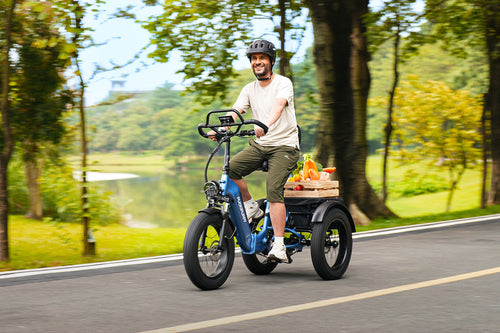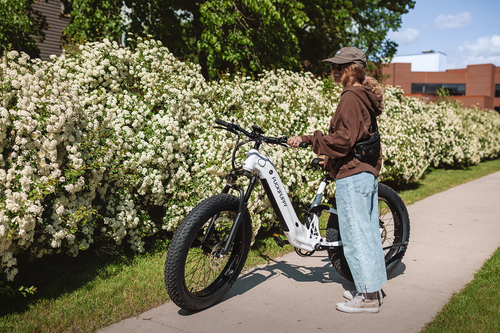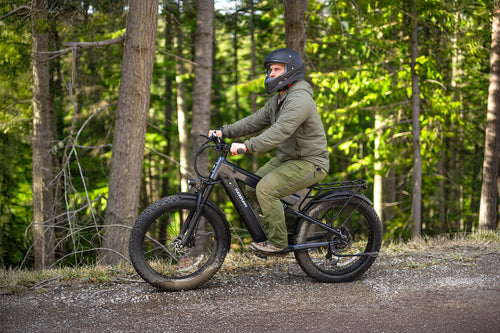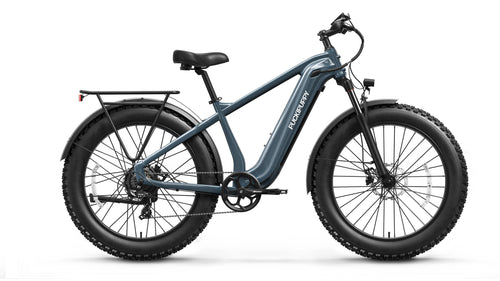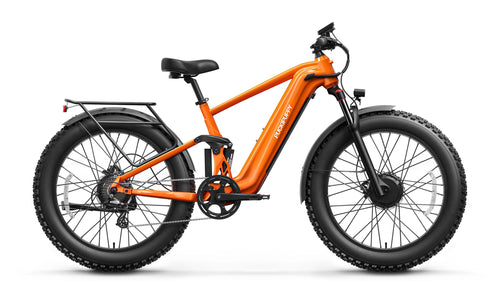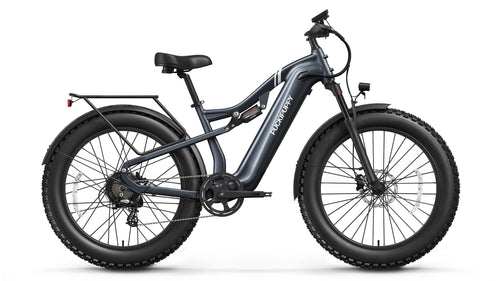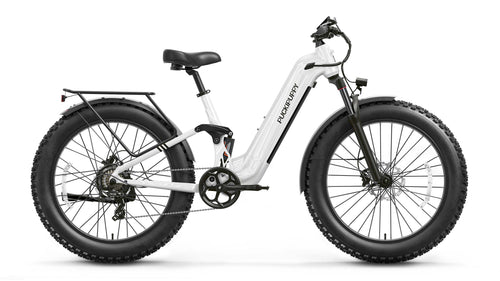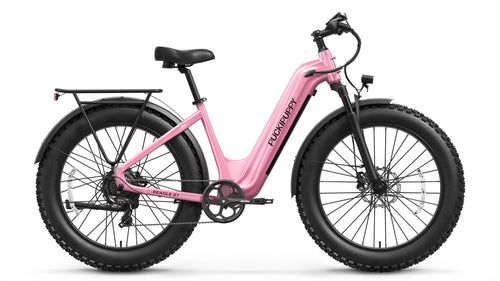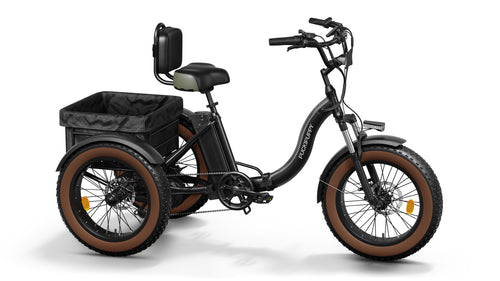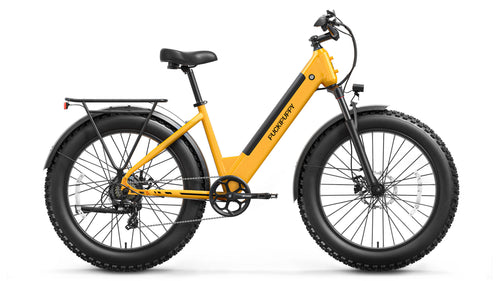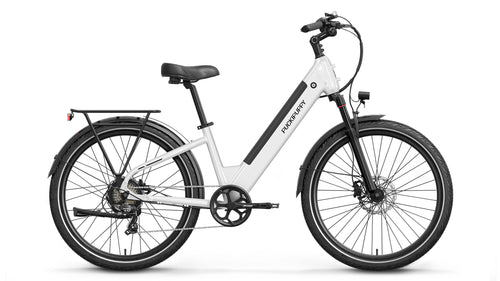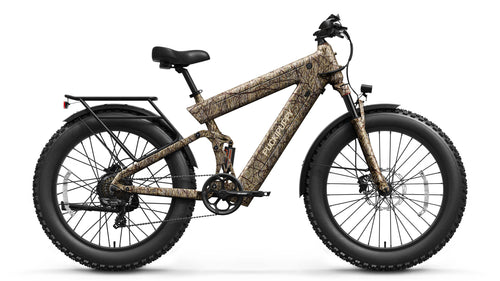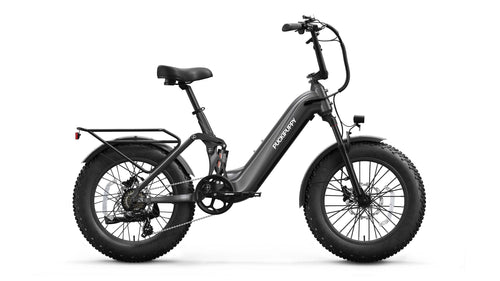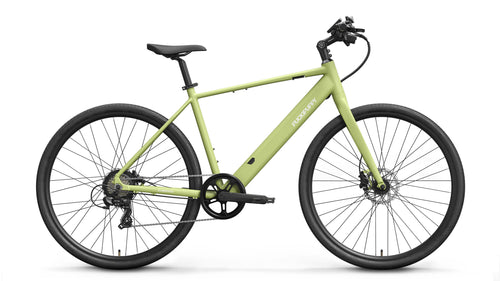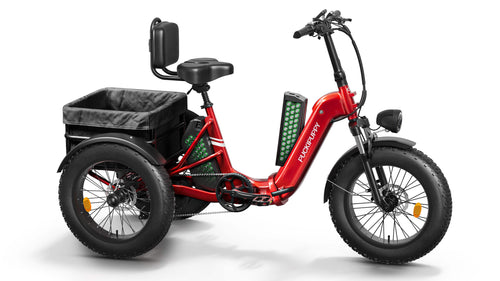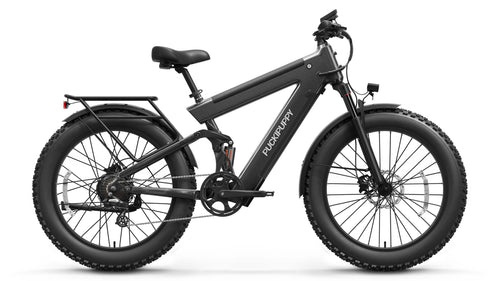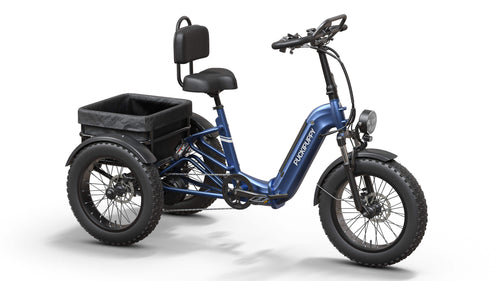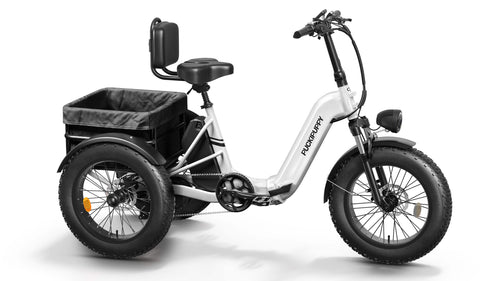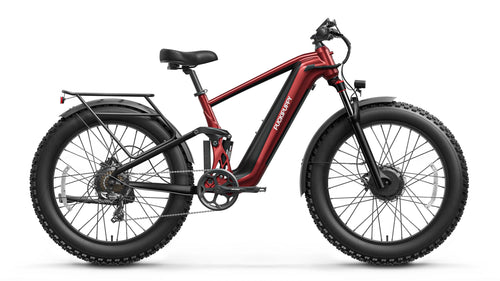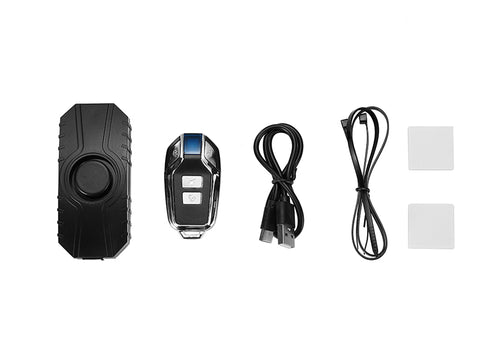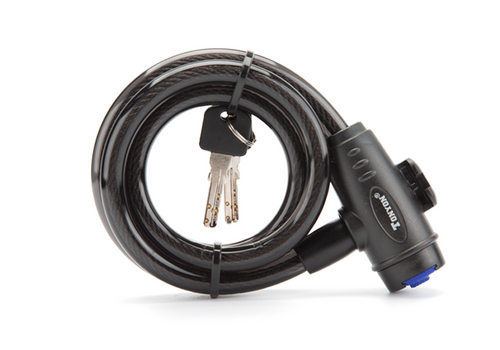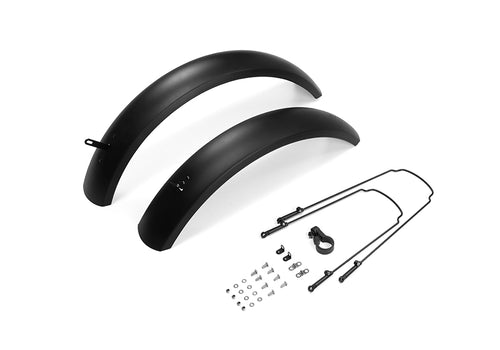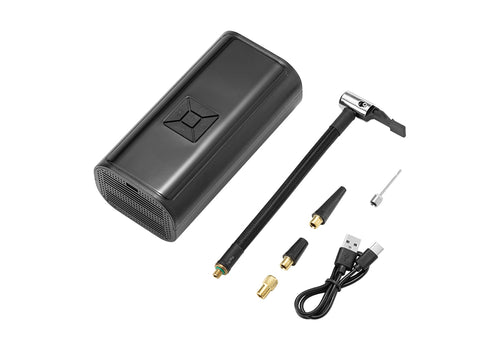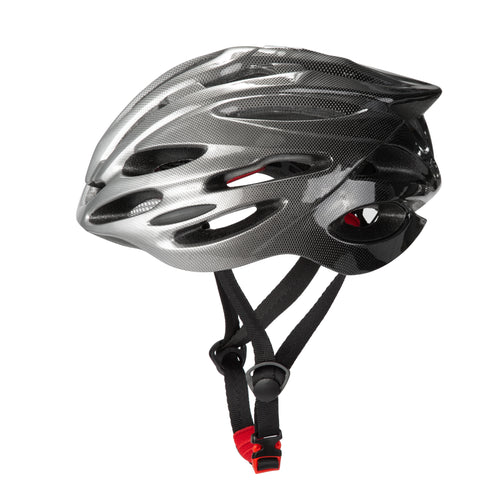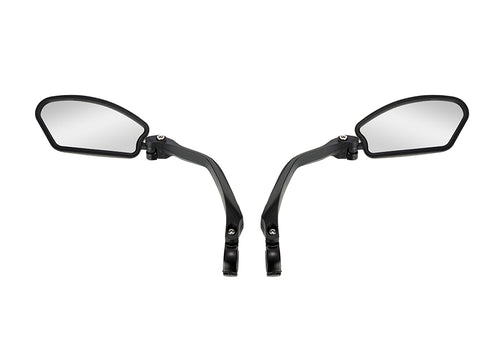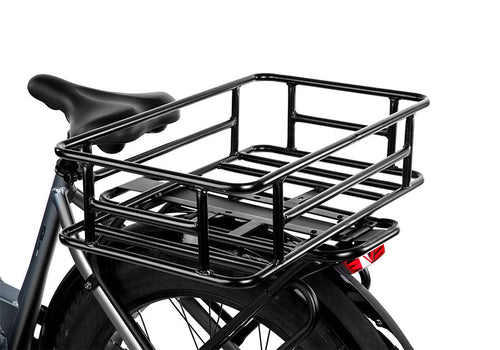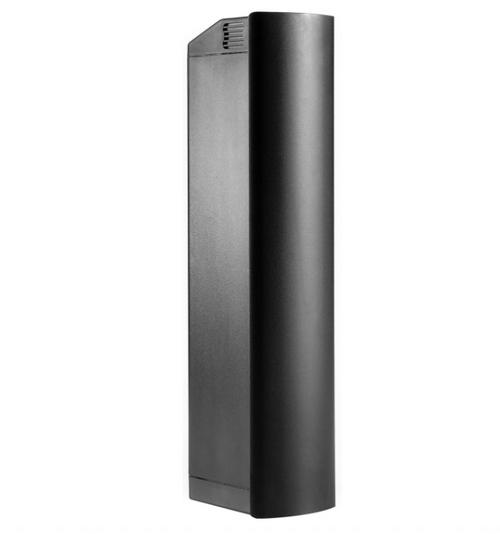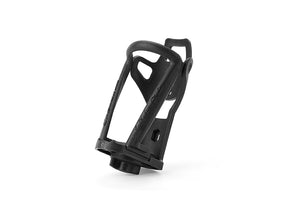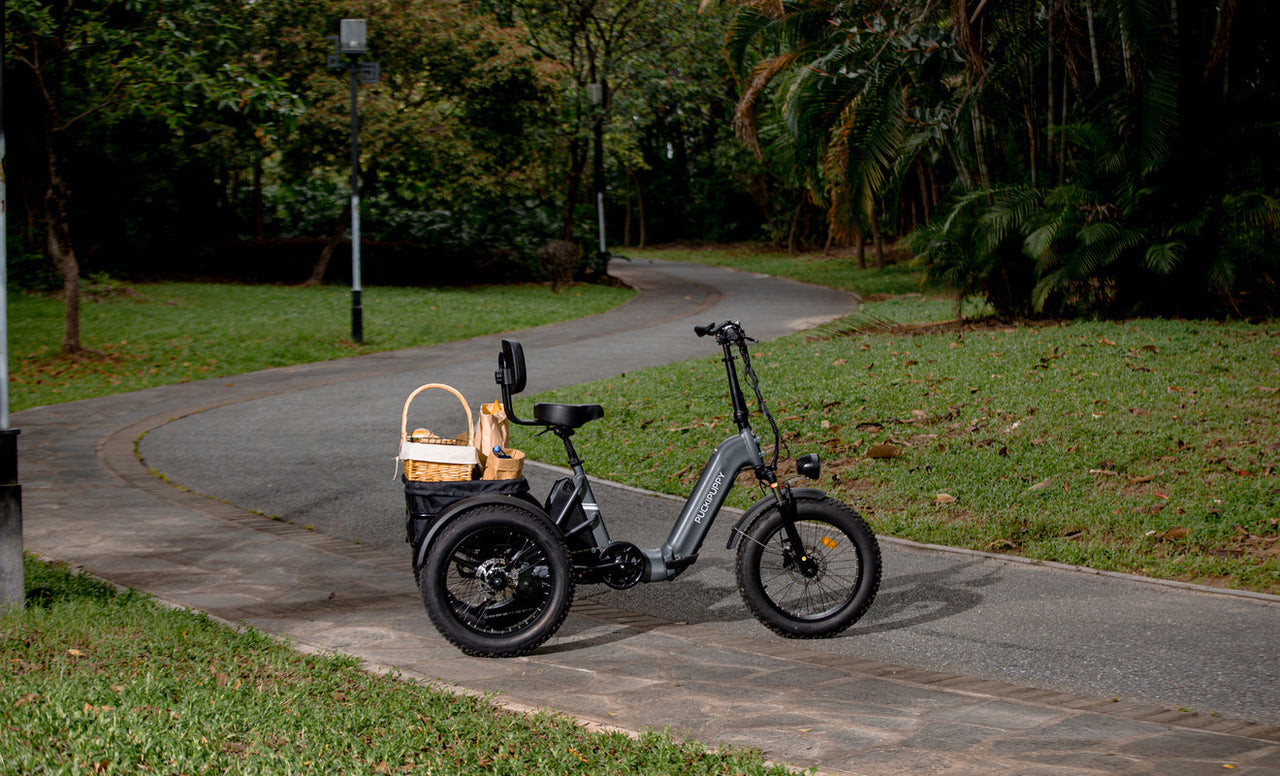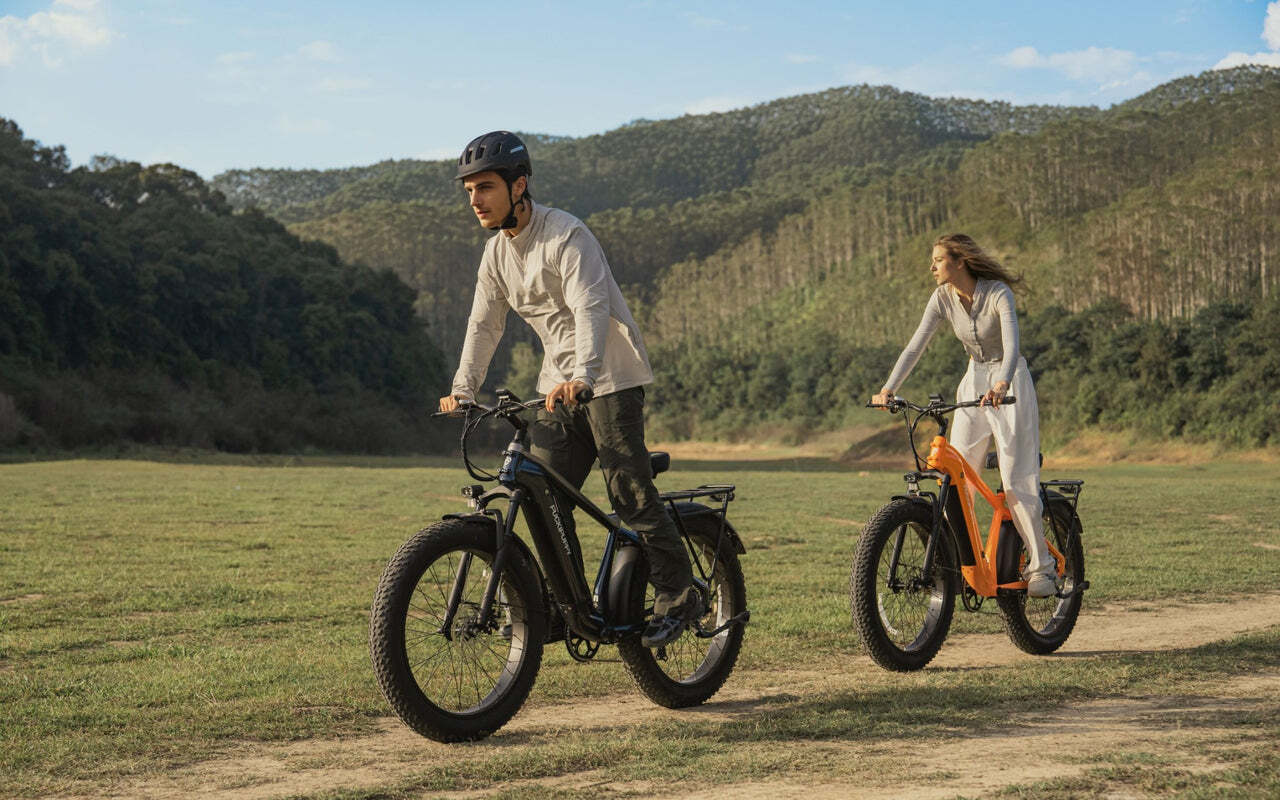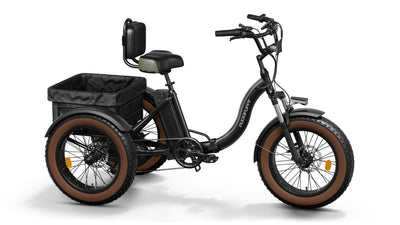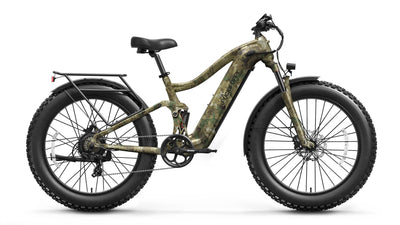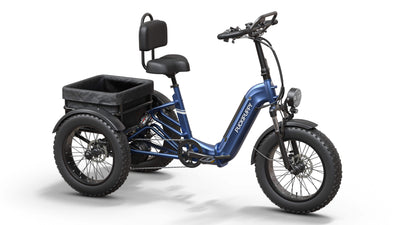Electric bikes, or e-bikes, are becoming a common sight on streets and trails across the United States. With their growing popularity, many riders naturally ask: do you need a license to ride an electric bike in the U.S.?
For most riders, the answer is no—federal law treats e-bikes much like traditional bicycles. However, state-specific rules can vary. Some states set age limits, require helmets, or even mandate registration for certain types of e-bikes. Understanding these differences is essential to ride safely and legally.
This guide breaks down the federal definition of e-bikes, the three-class system, and highlights key state-by-state regulations, helping you know exactly what’s required before hitting the road.
What Counts as an Electric Bike in the U.S.?
Before diving into state-specific rules, it’s important to understand what legally counts as an electric bike in the United States. Think of an e-bike as a regular bicycle with a motor that gives you an extra push—federal law defines it as a bike equipped with pedals, a motor of no more than 750 watts, and an assisted speed that doesn’t exceed 20 mph on level ground. These limits help keep e-bikes safe and distinguish them from motorcycles or mopeds.
To make things easier, most states follow a three-class system for e-bikes:
-
Class 1: Pedal-assist only, up to 20 mph. Ideal for casual riders who want a little boost while pedaling.
-
Class 2: Throttle-assisted, up to 20 mph. You can ride without pedaling, which is handy for short trips or hilly areas.
-
Class 3: Pedal-assist, up to 28 mph, usually requiring a speedometer. Often used by commuters or more experienced riders; regulations are stricter.
Understanding these classes is key because they influence state-level regulations such as age limits, helmet requirements, and where you can ride. With this foundation, it’s easier to navigate the different e-bike laws across the U.S. and stay compliant while enjoying your ride.
Do You Need a License to Ride an Electric Bike?
At the federal level, there is no requirement for a driver’s license to operate an e-bike.
At the state level, the majority of states treat compliant e-bikes (Class 1, 2, or 3) as bicycles rather than motor vehicles. This means:
-
No driver’s license required
-
No registration or insurance required
However, there are exceptions. Some states or municipalities add extra conditions—like mandatory registration, stricter age limits, or additional rules for higher-speed Class 3 models.
Electric Bike License Laws by State (Key Examples)
Let’s take a closer look at how some major U.S. states handle electric bike licenses and related rules. Each state has its own approach, so knowing the differences can help you stay compliant and ride safely.
California
In California, you don’t need a license to ride a Class 1, 2, or 3 e-bike. Riders must be at least 16 to operate a Class 3, and helmets are required for anyone under 18 and all Class 3 riders. California helped pioneer the three-class system, which has influenced e-bike rules in other states.
New York
E-bike riders in New York generally don’t need a license or registration. However, local rules in New York City impose extra safety and battery requirements, especially for delivery riders.
Florida
Florida treats e-bikes like regular bicycles. No license or registration is needed, but some municipalities may limit e-bike use on boardwalks or in nature preserves.
Texas
Class 1–3 e-bikes in Texas don’t require a license or registration. State law requires e-bikes to display their class, motor wattage, and top assisted speed. Some cities may add restrictions, particularly for Class 3 bikes.
Hawaii
Hawaii is unique: riders don’t need a license, but all e-bikes must be registered with the county for a one-time $30 fee.
New Jersey
Class 1 and 2 e-bikes in New Jersey don’t require a license or registration. Class 3 bikes, however, may require insurance or a license depending on local rules.
Alaska
Alaska historically required licenses for some e-bikes classified as motor-driven cycles, but recent updates align most e-bikes with bicycle rules.
New Mexico
Class 1 and 2 bikes in New Mexico don’t require a license. Class 3 riders must be at least 16 years old. Access to multi-use paths is generally allowed for Class 1, while Class 2 and 3 access depends on local regulations.
State-by-State Snapshot Table
| State | License Required | Registration | Age Limit | Helmet Requirement | Notes |
| California | No | No | 16+ (Class 3) | Class 3 & under 18 | Pioneer of three-class system |
| New York | No | No | 16+ | Varies locally | NYC has extra safety rules |
| Florida | No | No | — | Local rules | Boardwalks/nature preserves restricted |
| Texas | No | No | — | — | Display class/wattage/speed |
| Hawaii | No | Yes | — | — | $30 one-time county registration |
| New Jersey | No (Class 1/2) | No | — | — | Class 3 may require license/insurance |
| Alaska | Historically yes | — | — | — | Most e-bikes now aligned with bicycles |
| New Mexico | No (Class 1/2) | — | 16+ (Class 3) | — | Path access varies |
Other Requirements Beyond a License
Even if you don’t need a license, here are a few things to keep in mind for a safe, hassle-free ride:
-
Age Limits Riders of faster Class 3 e-bikes usually must be at least 16. Slower Class 1 and 2 bikes often have no strict age requirement, but it’s good to double-check.
-
Helmet Laws Helmets aren’t just for the law—they protect you! Class 3 riders and anyone under 18 typically need one, but wearing a helmet is smart for everyone.
-
Path and Trail Access Class 1 bikes: usually allowed on multi-use paths. Class 2 & 3 bikes: may be restricted to bike lanes or roads. Local rules can vary, so check ahead.
-
Equipment and Labeling E-bikes should show their class, motor wattage, and top assisted speed. Class 3 bikes may also need a speedometer. Proper labeling keeps everyone on the same page and avoids fines.
How to Check Your Local E-Bike Laws
No need to worry—here’s how you can find out the rules for e-bikes in your area. Staying up-to-date on local e-bike laws is easy with these simple steps:
-
Check Your State's DMV or Department of Transportation Website Most state websites have an e-bike law page that outlines the specific rules in your state. It’s a great place to start, as state laws often serve as the foundation for local regulations.
-
Use Online E-Bike Law Maps If you’re looking for a quick overview, tools like PeopleForBikes have interactive maps showing e-bike regulations by state. They highlight the key rules for things like speed limits, license requirements, and more.
-
Ask Local Bike Shops or Cycling Communities Local bike shops often stay on top of the latest rules and restrictions. They’re a great resource for info, especially if you live in a city or area with unique laws. You can also check in with local cycling groups—they often know exactly where and how e-bikes are allowed to ride.
Remember, laws can change, and local municipalities might add their own rules. So, it’s always a good idea to double-check before hitting the road.
Final Thoughts
So, do you need a license to ride an electric bike in the U.S.?
-
For most riders, the answer is no.
-
But depending on where you live, you may encounter additional requirements like age limits, helmet laws, path restrictions, or even mandatory registration (as in Hawaii).
As e-bikes continue to grow in popularity, states will keep refining their rules. The safest approach is to know your local laws before you ride, stay compliant, and above all, enjoy the freedom that e-bikes bring.
If you’re looking for a reliable, fun ride, Puckipuppy offers some great options. Whether you’re commuting through the city with the Commuter ebike or taking on rugged trails with a Fat Tire electric bike, Puckipuppy has a bike that matches your adventure. Happy riding!
Read more: How Much Is An Electric Bike?
FAQs
What states require a license for an ebike?
While most states don’t require a license for electric bikes, some do. If you live in one of the following states, you’ll need an operator’s license to ride an e-bike:
-
Alabama
-
Alaska
-
Connecticut
-
Hawaii
-
Louisiana
-
Massachusetts
-
Missouri
-
New Jersey
It's always a good idea to check your local laws before heading out—some states have unique rules for certain types of e-bikes, especially faster models.
Do I need insurance for an electric bike?
Generally, no, you don’t need insurance for your e-bike. However, there’s an important exception: if your e-bike exceeds the federal definition and is classified as a motor vehicle (i.e., it has a motor more powerful than 750W or exceeds 20 mph), you may need to register it and get insurance, just like a motorcycle or moped.
If you’re unsure, checking with your state’s DMV or your insurance provider is a good idea to make sure you’re compliant.
How fast can an e-bike go?
The maximum speed of an electric bike typically depends on its class:
-
Class 1 e-bikes: Pedal-assist only, with a maximum speed of 20 mph.
-
Class 2 e-bikes: Throttle-assisted, with a maximum speed of 20 mph.
-
Class 3 e-bikes: Pedal-assist only, with a maximum speed of 28 mph.
If your e-bike is going faster than these limits, it might need to be reclassified, and more regulations could apply.
What happens if my e-bike goes faster than 28 mph?
If your e-bike exceeds the 28 mph limit, it may no longer qualify as an electric bicycle under federal law. Instead, it could be reclassified as a moped or motorcycle, which brings additional legal requirements.
This means you might need to:
-
Obtain a license
-
Register your bike
-
Get insurance
-
Follow stricter rules for where you can ride, such as on roads only (no multi-use paths)
It's always best to stay within the limits to avoid unnecessary hassle and stay compliant with the law.









